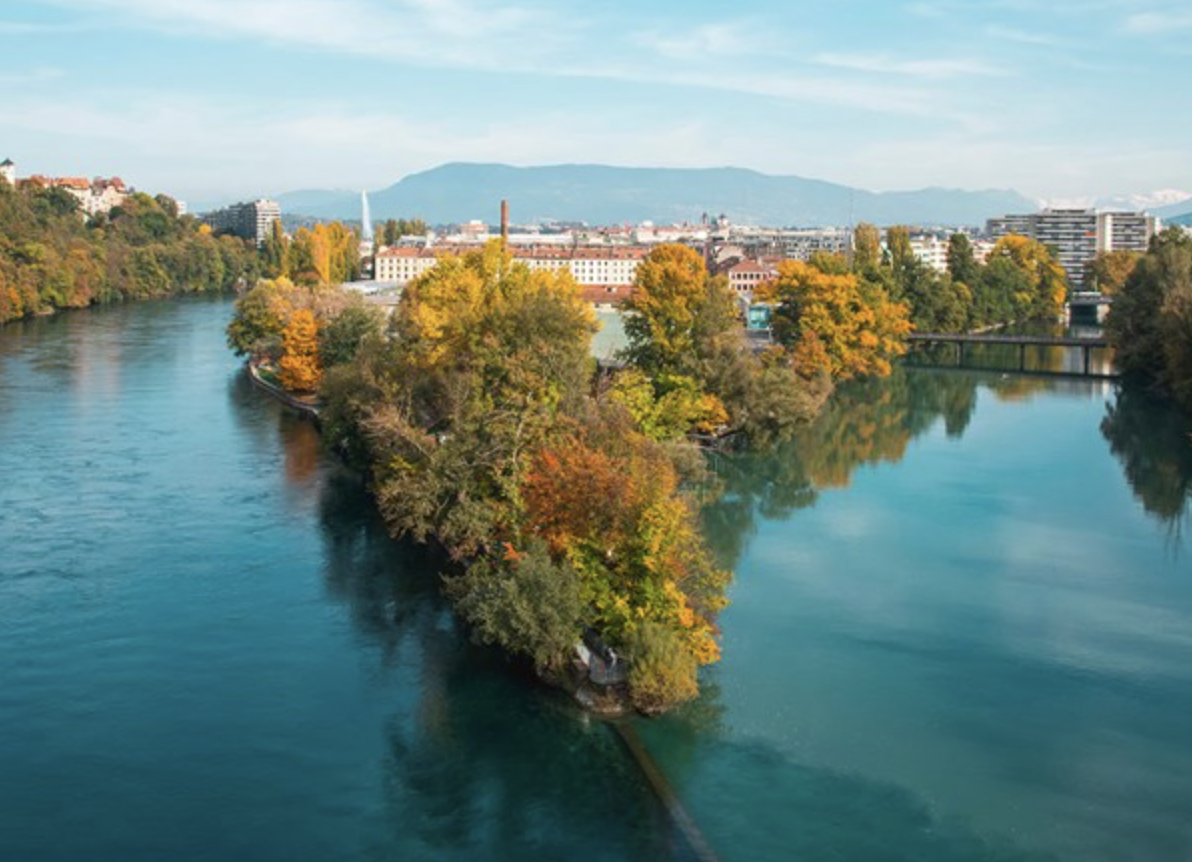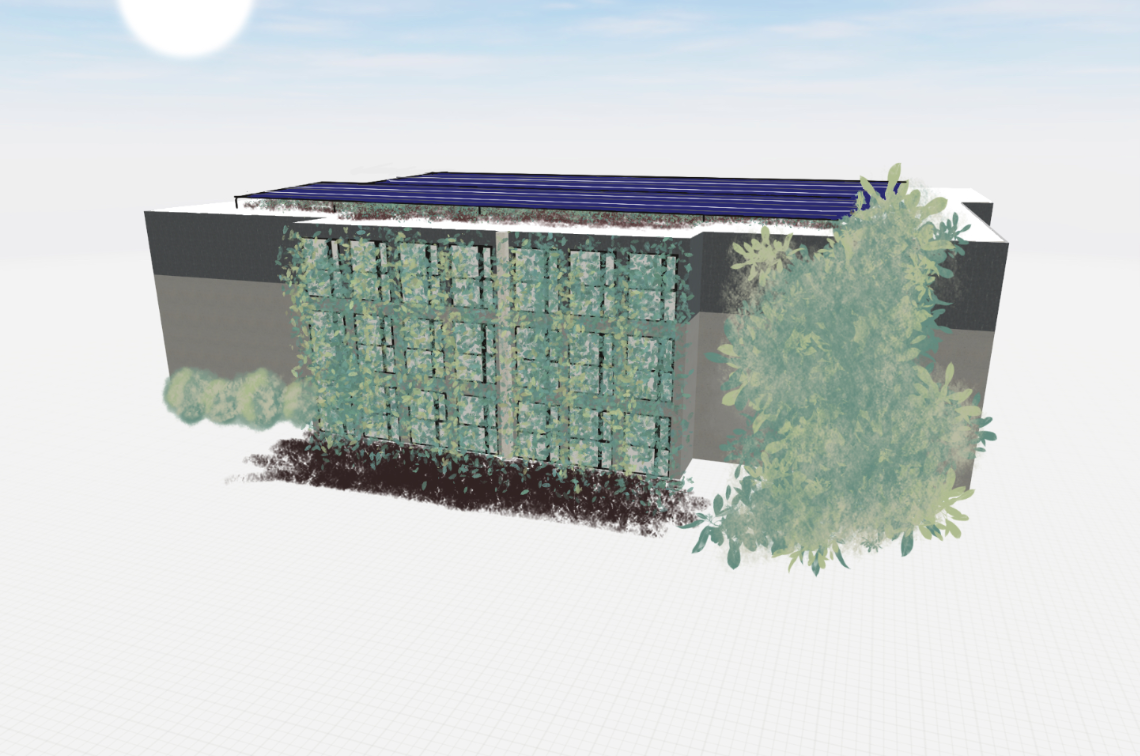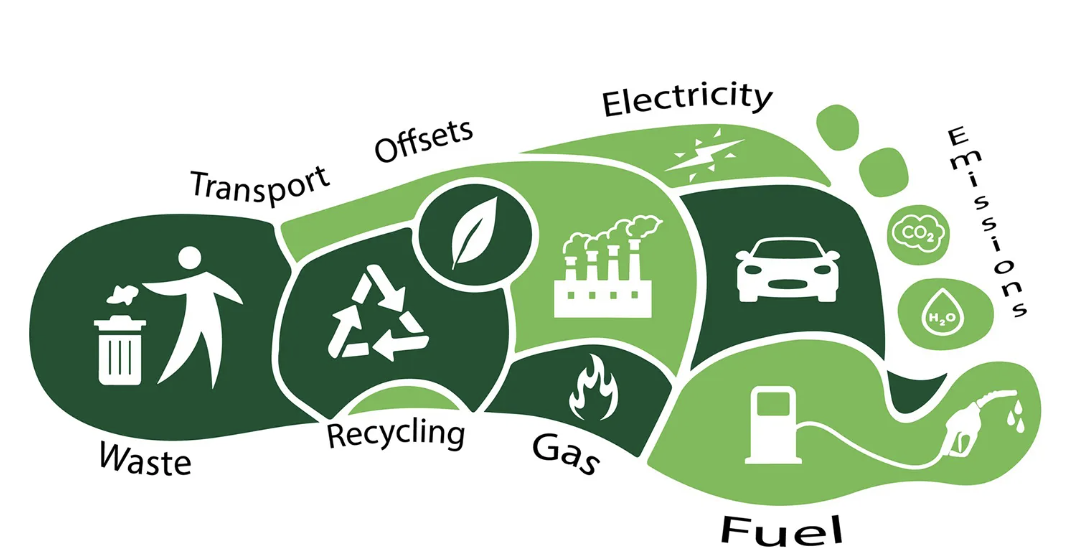By Hermione Silver, Year 11
When tackling the issue of climate change, we often talk about improvements on personal as well as national and global levels, overlooking the importance of fostering environmentally conscious cities and communities. Copenhagen is a perfect example of the success that can be achieved by focusing on sustainable development on this scale. For example, since 2004, over 2 billion Kroner (about 270 million euros) has been invested in cycling-related initiatives and infrastructures. As a result, only about 29% of households have cars, with around 62% of the city’s residents commuting to work or school by bike. Copenhagen additionally uses human and animal waste along with discarded wood, straw and refuse to produce heat, electricity and biofuel. In fact, Copenhagen’s CopenHill power plant generates up to 57 MW of electricity and 190 MW of heat for tens of thousands of homes and businesses by generating energy from this waste.
For most countries’ major cities these incredible strides, along with their future environmental aims, seem absolutely unattainable due to a multitude of factors spanning from geographic to social and economic. Here in Geneva we have the privilege of living in a city where vast developments in sustainability are well within our grasp: we are a wealthy city with a high average income, we have a small population and lots of land, and we have a democracy which allows our voices to really be heard. These are some of the reasons for which initiatives have been put in place for us to do our part in this fight against climate change. Here are some of the projects in Geneva launched by the community, for the community:
- Net-Léman: Launched by the ASL (Association pour la Sauvegarde du Léman), the Net-Léman is a big event in which divers and volunteers clean up the shoreline and the waters of the lake. Since the project’s launch, there have been 117 cleanups, each involving about 1000 volunteers, and with a total 120,000 kg of waste collected. The 12th edition will take place between the 25th and 26th of May and is not only a great initiative, but hosts a wonderful atmosphere and is a great way to get involved in this necessary community. If you are interested, you can sign up on “netleman.ch”.
- Too Good to Go: Although not originally launched in Geneva, this North American based organisation aims to provide a win-win solution: giving restaurants, supermarkets and cafés one last opportunity to sell their products, and customers generous discounts for their favourite shops. This is all done through their app (Available on Iphone and Android), where you can find nearby shops and the pick-up times to collect baskets of their food. The catch is: you do not know what you are buying. All you know is the shop or restaurant it comes from, its original price, and the discounted price (which is generally a third of its original price). I’ve used this app quite a few times with my friends and we have found that some of the safer options are bakeries, where there isn’t much variety in what you can receive, and some of the less predictable options are Migros or Coops. Also, since pick-up times are generally right around their closing times, often you will receive much more food than it was originally valued at and the workers are very generous. In summary, this app is great for anyone, but especially for foodies who are open to all kinds of new dishes and flavours.
- Pro Vélo: Founded originally in 1980 under the name of ASPIC (Association pour les Intérêts de Cyclistes), the Pro Vélo Genève association and its 2,400 members strive to make Geneva a safe, efficient city for cycling and encourage us Genevois to cycle more. You can participate in many ways, for example in their bike exchanges, where you can buy or sell second hand bikes, or in their lessons on road safety and bike mechanics, or even in their weekly neighbourhood bike rides. If you are interested in biking around Geneva, but don’t necessarily have the confidence to, or cycling skills, or even if you don’t have a bike to begin with, I would highly recommend getting involved (which you can do at “pro-velo-geneve.ch”)
Although Geneva does not currently have as sustainable a society as Copenhagen or other cities, despite their ideal geographic, social, and economic features, there are many steps that are being taken and it is important that we, as citizens, are aware of these initiatives and try to get involved in whatever way we can. A sustainable community will motivate someone to be environmentally conscious in the same way that environmentally conscious people will create a more sustainable community, and it is therefore our responsibility to make this possible and to further this environmental cycle, even on what we might think to be the smallest of scales.



